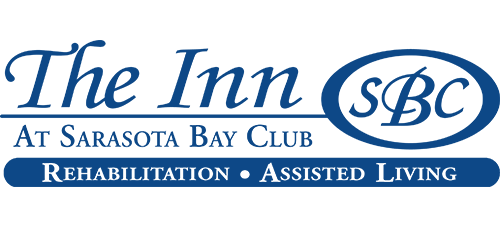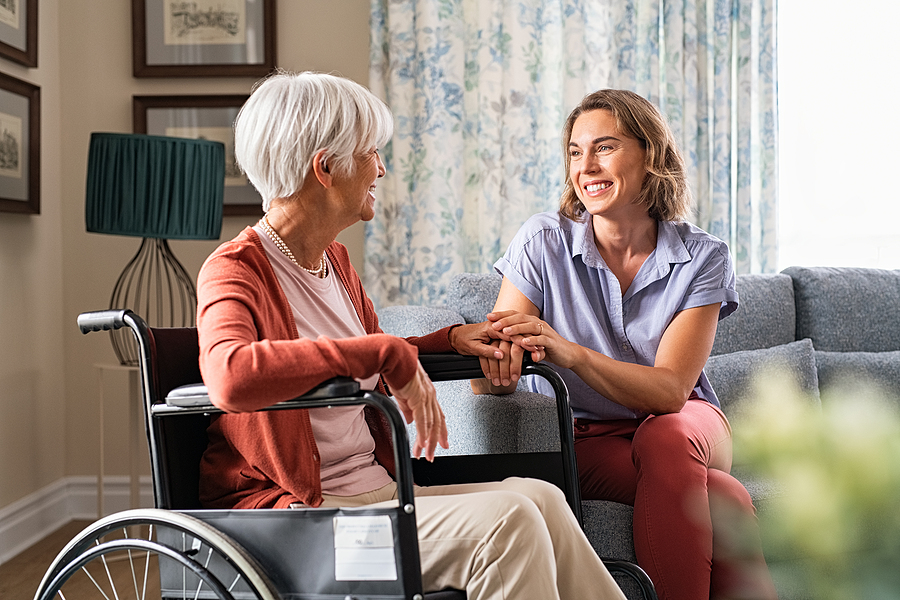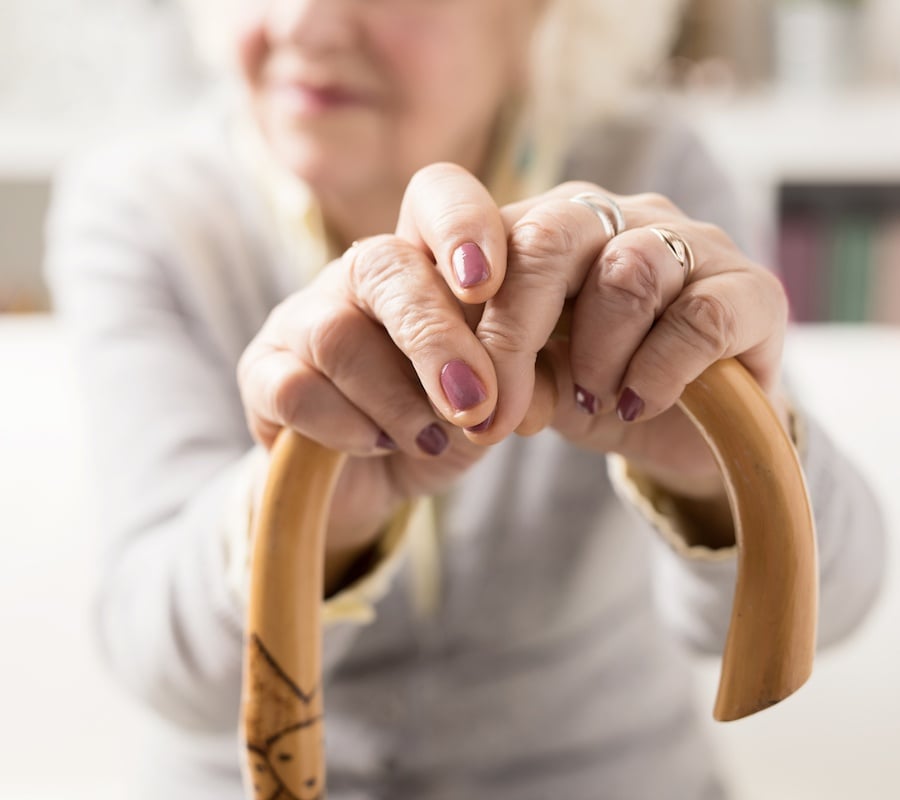 When it comes to Dementia and Alzheimer's Disease, many are caught in a web of confusion as to what each diagnosis is. Are they the same thing? Does the one mean the other will follow, or vice versa? The fact of the matter that is that Dementia and Alzheimer's Disease are two diagnoses that although are certainly related, still remain very different.
When it comes to Dementia and Alzheimer's Disease, many are caught in a web of confusion as to what each diagnosis is. Are they the same thing? Does the one mean the other will follow, or vice versa? The fact of the matter that is that Dementia and Alzheimer's Disease are two diagnoses that although are certainly related, still remain very different.
Related Blog: Preventative Measures You Can Take Against Dementia and Alzheimer's
Dementia is a brain disorder that affects an individual's correspondence as well as their implementation of activities performed daily, while Alzheimer's is a form of Dementia (actually accounting for 80% of all Dementia cases) that specifically affects the parts of the brain that control an individual's thought life, language, and memory quality.
Diagnosis:
The first step to diagnosing Dementia is noticing and paying careful attention to any cognitive impairment. This could be the loss of memory, inability to make important decisions, and confusion. When this is suspected, the next step is an appointment with your trusted General Practitioner (GP). He or she will be able to determine the diagnosis, and at this point, a diagnostic work up can be conducted. The following are essential for the most accurate diagnoses; a clinical exam, all medical history, multiple assessments which include conversations with the individual being diagnosed, lab tests and an MRI. In some cases, a CT scan is also called for. When a diagnosis of Dementia is being carefully assessed, a common test that specialists will use is the Mini Mental State Examination (MMSE). Alzheimer's Disease is diagnosed through a complete and thorough medical assessment and not just a single test. Remember, it is a specific form of Dementia with symptoms including: impaired thought and speech, as well as very apparent confusion. As briefly mentioned above, the General Practioner will be able to identify Dementia however not the causes e.g. Alzheimer's.
It is also important to understand that forgetfulness does not automatically mean Dementia. As we get older, our bodies begin to change and age, and forgetfulness on the occasion sometimes comes with the territory. However, for the well-being of our loved ones, careful attention to their health and regular check-ups at your family's trusted GP can catch any signs early on, which thanks to emerging science, will maintain their highest possible quality of life.











